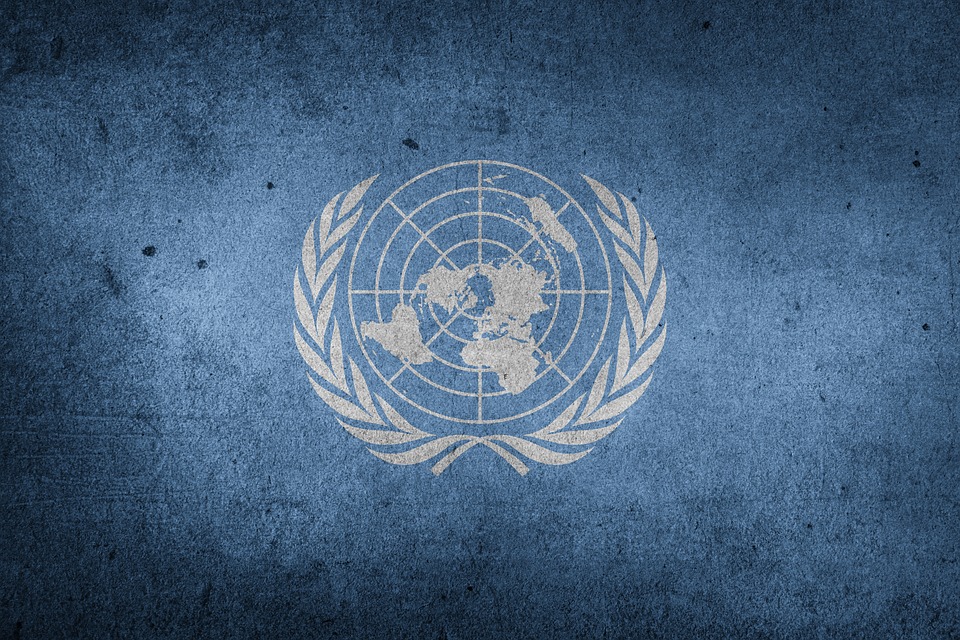The UN lists Portugal as one of the countries with the “highest degree of performance” in the world when referring to digital public services offered by the state.
The United Nations E-Government Digital Survey 2018 lists Portugal in the top 30 countries in the world when it comes to digital services development.
The results put Portugal in 29th place out of 193 countries on the E-Government Development Index, which is up 9 places compared to 2016. There are also more Portuguese citizens using these services, says the survey, making Portugal up 20 positions to 30th place on the E-Participation Index ranking.
The report on Portugal gives as an example the enlargement of the network of Citizen Spaces, for presenting “a good solution to combat digital exclusion.”
Earlier this year, the government of Portugal launched a €30,000 GovTech contest for startups that used blockchain technology to pick the best projects that would “solve the problems of humanity” and that were aligned with the 17 sustainable development goals set by the United Nations for 2030.
Read More: Portugal is using blockchain to pick winners of €30K GovTech for humanity contest
“GovTech wants to respond to the 17 sustainable development goals defined by the UN, with which the Portuguese State has committed itself. We are looking for products or services that present solutions to the problems,” said Graça Fonseca, Assistant Secretary of State and Administrative Modernization at the time.
In March the UN World Summit Awards (WSA) recognized the Municipal Chamber of Cascais for developing the City Points app that encourages good citizenship practices. The app gives users the opportunity to earn points to be exchanged for real products and services.
Read More: Cascais City Points app wins UN World Summit Award for govt, citizen engagement
It was the first time in World Summit Awards history that an “autarchy” won the award.
Based on gamification and the acknowledgment of citizens, the app induces participants to take an active role in transforming the community into a better place to live. With one City Point at a time, participants improve their engagement in the sustainable city.
Europe is most developed continent for digital services
Europe has stood out as the most developed continent in this type of service, with Denmark occupying the first place at the international level.
In the 11 most developed countries, eight are European, among them Portugal, which appears alongside Belarus, Greece, Liechtenstein, Malta, Monaco, Poland and Russia.
This global analysis is done every two years with the 193 member countries of the United Nations. The evaluation involves analyzing how information and technology are put at the service of the State and its citizens, what the telecommunications infrastructures are like, and how they are managed.
According to the document, most countries that allow this type of services, do it for online payments, regularization and payment of taxes (such as e-Invoice of the Finance Portal, for example); and also for business activity records. There is a direct relationship between the economic level and the development of this type of services.
Despite the good news, reports Dinheiro Vivo, global disparities are evident, putting regions like Africa and Oceania at the bottom of the list. In Latin America, for example, Uruguay is the only country that offers these types of digital services with a “high degree of performance.”
If these differences continue to exist, warns the UN, the objectives of Agenda 2030 of the Sustainable Development Goals, which involve the mobilization of information technologies for the eradication of poverty, will be jeopardized.

